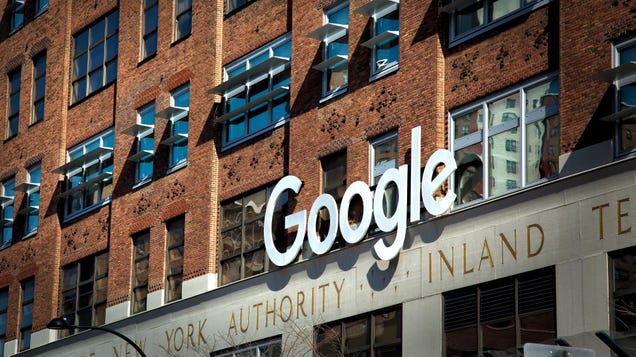Aleksandr Zhurilo/Getty Images/iStockphoto

Every website you visit installs trackers onto your computer and slows it down subtly. These are called cookies and cached data, which work to track your activity if you regularly visit the same site.

The incognito or private mode found in most web browsers is back in the news, with Google updating its disclaimer to give users a better idea of exactly how this feature works.

Tired of dealing with popups begging you to accept cookies? Blame the EU. In 2018, Europe unleashed a groundbreaking privacy law called the GDPR that, among a billion other things, makes websites ask permission before tracking you with cookies.

One week ago today, Google disabled tracking cookies for 30 million Chrome users, amounting to just 1% of the 3 billion people who use the internet’s most popular browser.

Today marks the first of many upcoming moments of silence in Google’s years-long plan to kill cookies. As of this morning, the Chrome web browser disabled cookies for 1% of its users, about 30 million people.

Google announced Thursday that it will start its long-anticipated slaughter of the internet’s cookies starting on January 4th, when it will block them for 1% of Chrome users, or about 30 million people. It’s the first major step in its Privacy Sandbox project, which aims to replace cookies with a different kind of…

If you’re on the internet browsing with the recently redesigned Google Chrome, you’re probably not the most privacy-minded person out there.

Google’s Privacy Sandbox, a controversial set of tools and settings meant to replace third-party cookies, is now on almost every single Chrome browser, according to a company blog post published Thursday.

